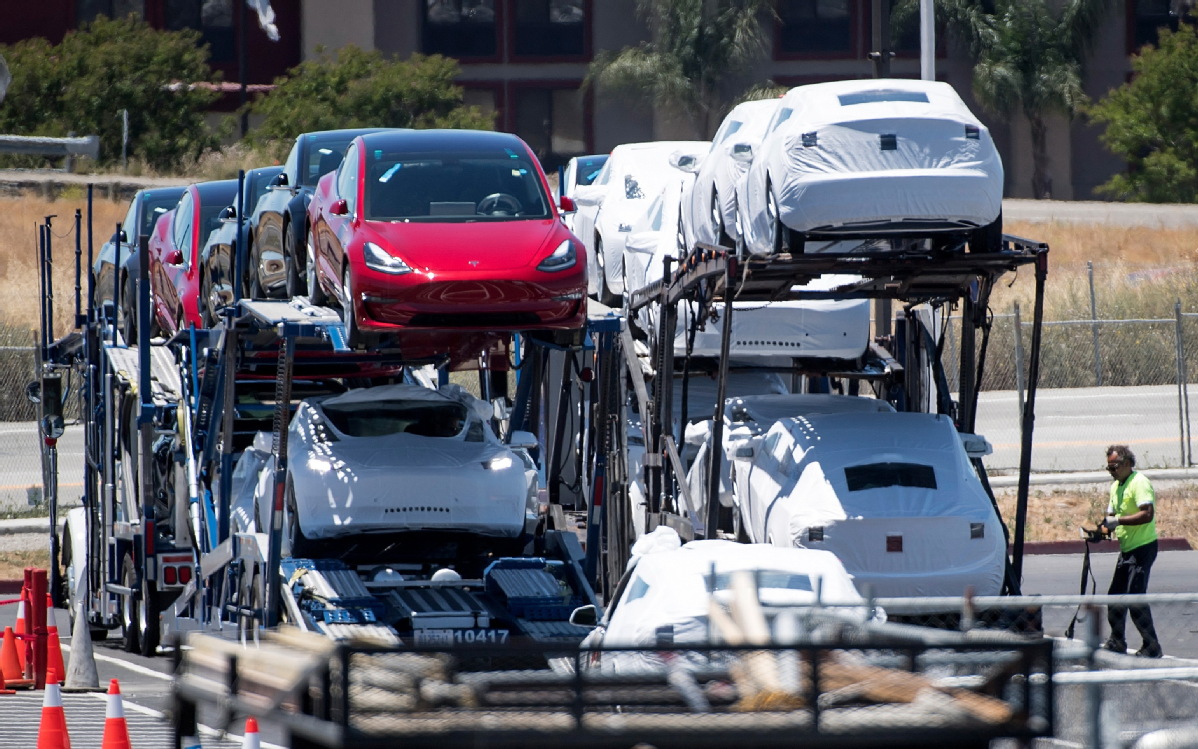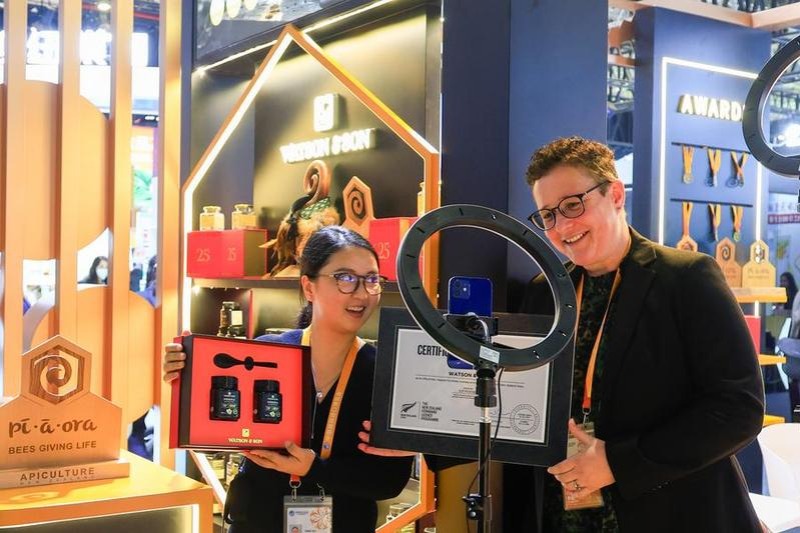Tesla CEO Musk drops ambitions to take company private
China Daily | Updated: 2018-08-27 13:20

Tesla Inc Chief Executive Elon Musk said late on Friday he would heed shareholder concerns and no longer pursue a $72 billion deal to take the luxury electric carmaker private, abandoning an idea that stunned investors and drew regulatory scrutiny.
The decision to leave the electric carmaker as a publicly listed company raises new questions about its future. Tesla shares have been trading well below their Aug 7 levels, when Musk announced on Twitter that he was considering taking Tesla private for $420 per share, as investors wondered what this meant for Musk's ability to steer the company to profitability.
Musk and Tesla also face a series of investor lawsuits and a United States Securities and Exchange Commission investigation into the factual accuracy of Musk's tweet that funding for the deal was "secured".
Musk said on Friday that his belief that there is more than enough funding to take the company private was reinforced during the process, but said he abandoned the bid based on feedback from shareholders and because the effort was proving to be more time-consuming and distracting than anticipated.
"Although the majority of shareholders I spoke to said they would remain with Tesla if we went private, the sentiment, in a nutshell, was 'please don't do this,'" Musk wrote in a blog post.
Musk, who owns about a fifth of Tesla, said previously that he envisioned taking the company private without the standard method of a leveraged buyout, in which all the other shareholders would cash out and the deal would be funded primarily with new debt. Musk estimated that two-thirds of Tesla shareholders would have chosen an option of "rolling" their stakes into a private company. That would significantly reduce the amount of money needed for the deal and avoid further burdening Tesla, which has a debt pile of $11 billion and negative cash flow.
However, Musk said on Friday that a number of institutional shareholders explained that they have internal compliance issues that limit how much they can invest in a private company. He also said there was no proven path for most retail investors to own shares were Tesla to go private.
That contrasts sharply with an Aug 7 tweet, when Musk said, "investor support is confirmed."
T. Rowe Price Group, Fidelity Investments and Scotland's Baillie Gifford, which are top Tesla shareholders, declined to comment.
Musk also said previously that Saudi Arabia's Public Investment Fund, which bought a stake in Tesla earlier this year of just under 5 percent, could help fund the cash portion of the deal, though sources close to the sovereign wealth fund had played down that prospect. PIF is in talks to invest in aspiring Tesla rival Lucid Motors Inc, Reuters reported last Sunday.
Six members of Tesla's board of directors said in a separate statement that they were informed on Thursday by Musk that he was abandoning his take-private bid. The board then disbanded a special committee of three directors it had set up to evaluate any offer that Musk submitted.
"We fully support Elon as he continues to lead the company moving forward," the board said.
However, some corporate governance experts said Musk's handling of the take-private bid could pressure the board to assert its independence and consider ways to rein him in by, for example, bringing in a chief operating officer.
"They have someone in charge who has raised serious doubts in the financial and public community about his ability to take the company forward. This will make it harder to invest" in Tesla, said Charles Elson, director of the corporate governance center at the University of Delaware.
In explaining his reasons to take Tesla private earlier this month, Musk cited pressure from short sellers investors who look to profit on bets that a company's stock will decline. Some short sellers were emboldened by his U-turn. Christopher Irons, founder of investigative research website quoththeravenresearch.com, said it showed Musk was nowhere near as close to taking the company private as he had claimed.
Xinhua-Reuters
























